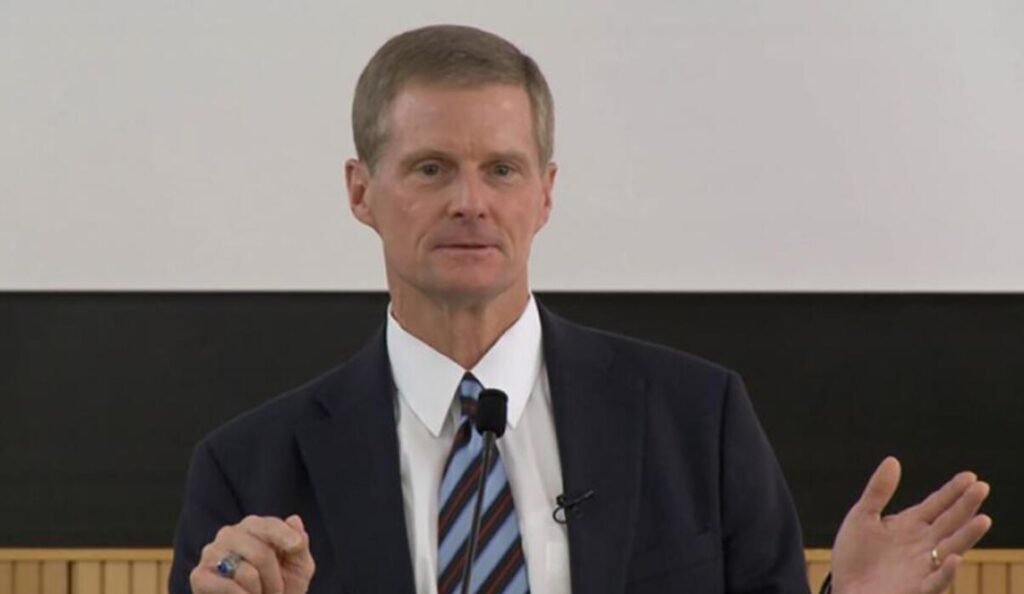In a recent column for The New York Times, David Brooks, one of the nation’s most influential public commentators, called on Americans to “Grow Up!” He argued that the country is facing a crisis of immaturity, manifested in the inability to handle complexity, ambiguity, and uncertainty. He wrote:
We live in a culture that teaches us to be self-centered, emotionally impulsive and distracted by shiny things. We’re not taught how to cope with the pains and struggles that come with adult life. We’re not taught how to grow up.

Brooks cited Elder David A. Bednar of the Quorum of the Twelve Apostles of The Church of Jesus Christ of Latter-day Saints as an example of someone who has taught about the importance of moral and spiritual maturity. He quoted from Elder Bednar’s seminal address, titled “And Nothing Shall Offend Them”, which he delivered in the October 2006 general conference:
One of the greatest indicators of our own spiritual maturity is revealed in how we respond to the weaknesses, the inexperience and the potentially offensive actions of others.
Brooks explained that this quote resonated with him because it shows that maturity is not just about having skills or knowledge, but also about having a certain attitude and disposition towards others. He said that mature people are able to respond with understanding, empathy, and forgiveness when others make mistakes or offend them. They are also able to handle criticism and feedback without being defensive or resentful.
The sources of moral and spiritual maturity
Brooks suggested that one way to cultivate moral and spiritual maturity is to expose oneself to different perspectives and experiences, especially those that challenge one’s assumptions and beliefs. He said that this can help one develop a sense of humility, curiosity, and openness. He wrote:
The mature person understands that we don’t live in a world of good guys and bad guys; we live in a world where everybody thinks they’re the good guys. The mature person can hold two contradictory thoughts in her head at the same time.
Another source of moral and spiritual maturity, according to Brooks, is to have a strong sense of purpose and meaning in life. He said that this can help one overcome the temptations of selfishness, hedonism, and nihilism. He wrote:
The mature person has roots. She is grounded in a tradition, a faith or a cause — something that tells her what she is here for, what she is contributing to and what she is building.
Brooks also mentioned George Romney, the father of Sen. Mitt Romney and a former governor of Michigan, as an example of someone who had a clear sense of purpose and meaning in his life. He quoted from an article by McKay Coppins in The Atlantic, which described how George Romney was influenced by his Mormon faith and his experience as a refugee from Mexico during the Mexican Revolution.
The benefits of moral and spiritual maturity
Brooks concluded his column by highlighting some of the benefits of moral and spiritual maturity for individuals and society. He said that mature people are more resilient, adaptable, and creative in the face of challenges and changes. They are also more compassionate, generous, and responsible towards others. He wrote:
The mature person is more alive. She sees more clearly; she feels things more deeply; she loves more richly.
Brooks also said that moral and spiritual maturity can help heal the divisions and polarization that plague America today. He said that mature people are more willing to listen to each other, learn from each other, and cooperate with each other. They are also more able to recognize their common humanity and dignity. He wrote:
The mature person has achieved a certain unity within herself; she can help bring unity among us.
